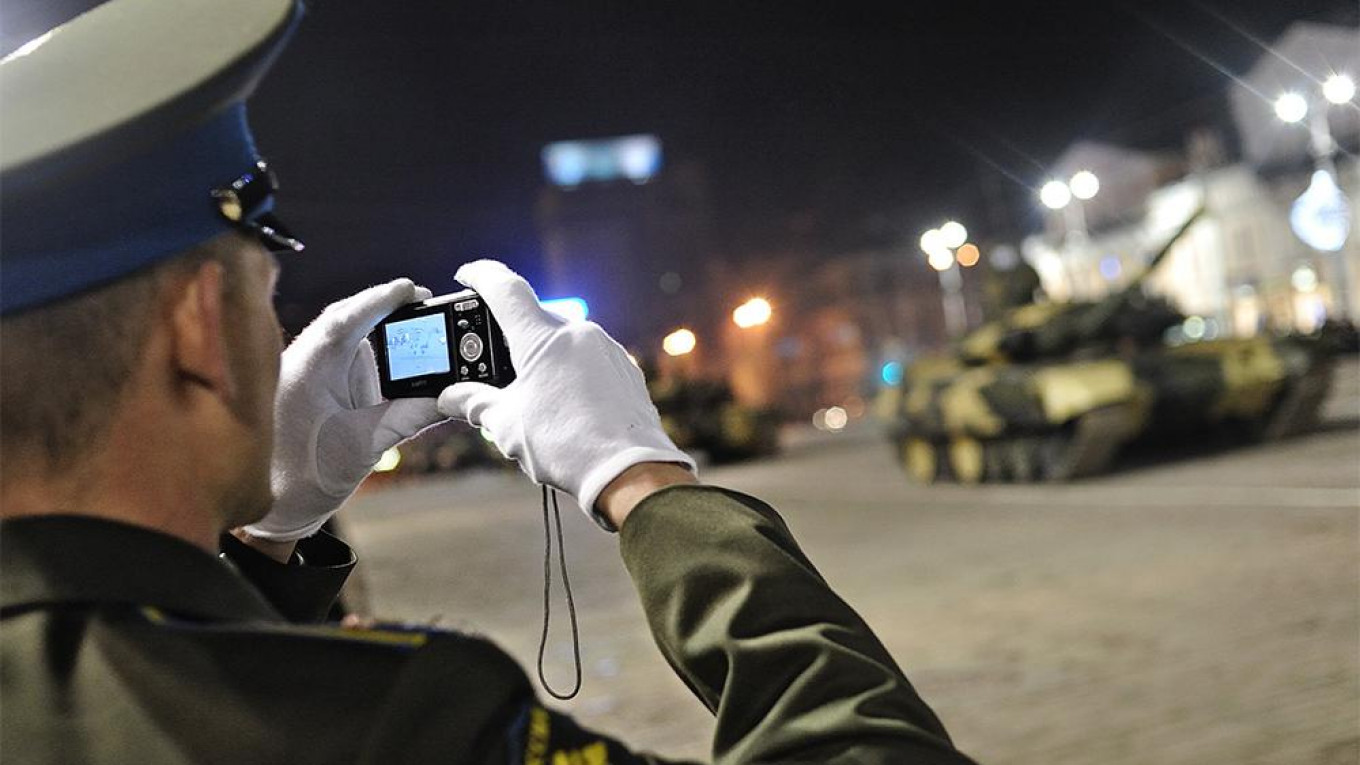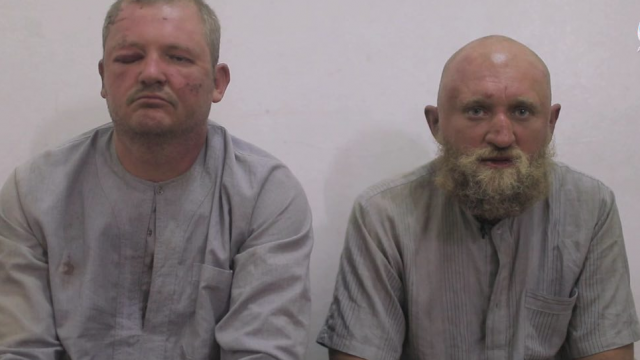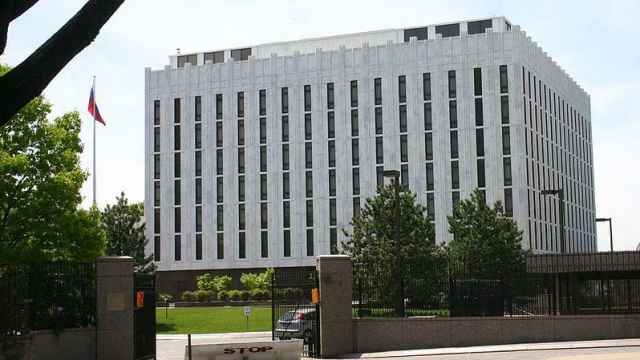The Defense Ministry is set to ban Russian soldiers from uploading information to the internet that could give away their affiliation, activity or location, the news site RBC reported Thursday.
The move could be motivated by a spate of unwanted revelations revealing Russian troop deployments in Ukraine and Syria, RBC reported.
A proposal for draft amendments to the Law on the Status of Military Personnel was published on the federal portal for draft regulations Wednesday.
The Defense Ministry said that foreign intelligence agencies, as well as extremist and terrorist organizations, use information posted by Russian soldiers on the internet to “destabilize the internal political and social situation in various regions of the world.”
Russia’s domestic intelligence agency, the Federal Security Service (FSB) and the Federal Protection Service (FSO), which guards the top leadership, Kremlin grounds and other government buildings, already have a social media ban in place.
A source within the Russian Defense Ministry told RBC that the law was written before the existence of social networks and now “practice has run ahead of theory and no longer corresponds to what is prescribed.”
Russian soldiers were detected in Ukraine in 2014 and Syria in 2015 by social media, says RBC.
Ildar Maksutov, 21, from the 137th Guards Regiment of the 106th Guards Division of the Airborne Forces, killed July 28, 2014, had a social media status which read “To Ukraine!”
Conflict Intelligence Team (CIT), a group monitoring conflicts in Ukraine and Syria, found photos in November 2015 uploaded by Russian soldier Ayas Saryg-Ool, indicating he was in the Syrian governorate of Hama.
The investigative journalism group Bellingcat were able to track down the Russia-backed separatists in eastern Ukraine in July 2014 who are suspected of shooting down the MH17 airliner with a Buk missile system.
A Message from The Moscow Times:
Dear readers,
We are facing unprecedented challenges. Russia's Prosecutor General's Office has designated The Moscow Times as an "undesirable" organization, criminalizing our work and putting our staff at risk of prosecution. This follows our earlier unjust labeling as a "foreign agent."
These actions are direct attempts to silence independent journalism in Russia. The authorities claim our work "discredits the decisions of the Russian leadership." We see things differently: we strive to provide accurate, unbiased reporting on Russia.
We, the journalists of The Moscow Times, refuse to be silenced. But to continue our work, we need your help.
Your support, no matter how small, makes a world of difference. If you can, please support us monthly starting from just $2. It's quick to set up, and every contribution makes a significant impact.
By supporting The Moscow Times, you're defending open, independent journalism in the face of repression. Thank you for standing with us.
Remind me later.






